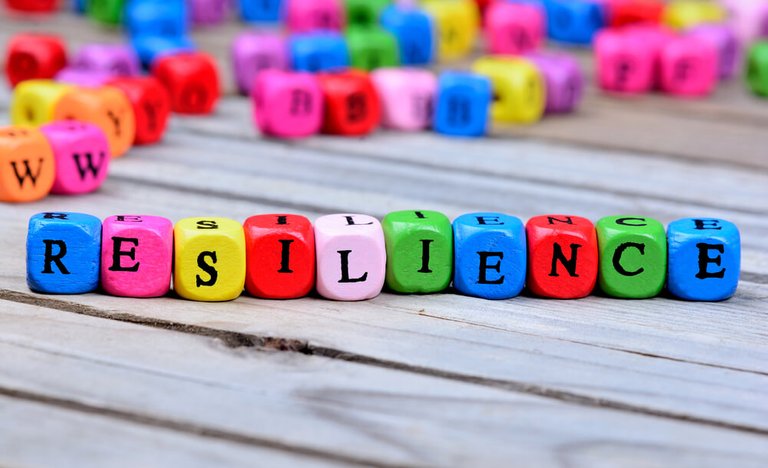Child-Care: Teaching Kids to handle "Disappointments" in Life & how to overcome them!

Src.
Handling disappointments is an important life skill that kids need to learn to navigate through the ups and downs of life.
Disappointments can come in many forms, from not getting a desired toy to losing a game, and can be challenging for kids to handle.
However, teaching kids how to manage their emotions, build resilience, and adopt a growth mindset can help them overcome disappointments and emerge stronger.
Let's discuss some effective strategies to teach kids to handle disappointments in life and overcome them:

Src.
Acknowledge their feelings
The first step to help kids handle disappointments is to acknowledge their feelings.
Encourage them to express their emotions and validate their feelings.
Let them know that it is normal to feel upset or disappointed when things do not go as planned.
This will help them feel heard and supported, and they will be more likely to open up and share their thoughts and feelings with you.
Teach them to reframe negative thoughts
Disappointments can lead to negative thinking patterns that can be detrimental to a child's mental health.
Help them identify negative thoughts that are not helpful and teach them how to re-frame them in a positive way. For example, if they did not get the desired toy, help them think about other things they can do to have fun, or remind them of the toys they already have that they enjoy playing with.
Encourage them to set realistic expectations
Disappointments can arise when kids have unrealistic expectations.
Help them set realistic goals and expectations by discussing what is achievable and what is not.
Teach them that success is not always about winning or achieving something, but rather about learning and growing from their experiences.
Teach them to focus on the positives
Disappointments can be an opportunity to focus on the positives.
Encourage kids to find something positive in every situation, no matter how small. For example, if they lost a game, help them focus on the fact that they played well or that they had fun playing with their friends.
Help them develop resilience
Resilience is the ability to bounce back from setbacks and challenges.
Teach kids how to develop resilience by encouraging them to learn from their mistakes, try again, and never give up.
Show them how to develop a growth mindset by praising their efforts rather than their abilities, and by teaching them that failure is an opportunity to learn and grow.
Teach them problem-solving skills
Disappointments can often arise from problems that need to be solved.
Teach kids problem-solving skills by encouraging them to brainstorm solutions to the problem at hand.
Help them identify different solutions and weigh the pros and cons of each option.
This will help them feel empowered and in control of the situation.

Help them develop coping mechanisms
Coping mechanisms are strategies that can help kids manage their emotions and stress.
Teach them healthy coping mechanisms such as deep breathing, exercise, talking to a trusted friend or adult, or writing down their thoughts and feelings in a journal.
These coping mechanisms can help them regulate their emotions and feel better when they are upset or disappointed.
Encourage them to find support
Support from friends, family, or a trusted adult can be crucial when handling disappointments.
Encourage kids to seek support when they need it, and teach them how to ask for help when they are struggling.
Show them that it is okay to reach out to others for support and that it is a sign of strength rather than weakness.
Lead by example
Finally, lead by example. Kids learn by observing the behavior of the adults around them.
Model healthy coping mechanisms, positive thinking patterns, and resilience in the face of challenges.
Show them that setbacks are a part of life, and that it is possible to overcome disappointments and emerge stronger.
#childcare
#childprotection
#care
#help
Thank You!

#indiaunited

#thealliance







